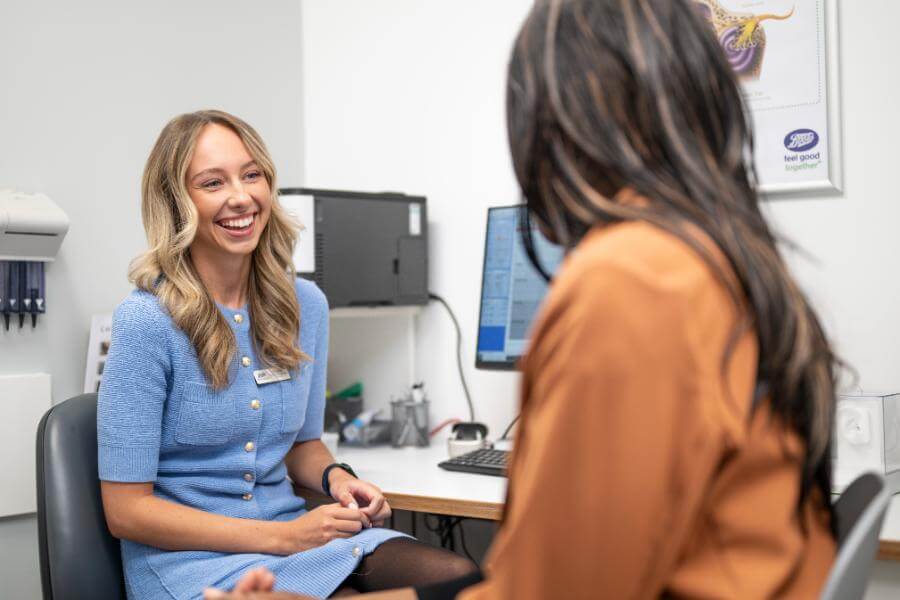Hearing aid benefits: How they improve your health

Hearing aid benefits: How they improve your health
2 minutes
Published 15 January 2021
There is much more to wearing hearing aids than just improving your hearing. In fact, did you know that they can also make you healthier overall? Read on for some of the benefits of hearing aid use.
Can hearing aids promote better health?
Hearing aids don’t just help you hear better; the benefits of wearing them can also have a huge impact on your overall health and wellbeing - both mentally and physically. Here’s how:
A reduction in stress and poor mental health
Many aspects of our daily lives can be stressful - from career worries to family matters, work-life balance to keeping on track of our finances. Suffering from hearing loss simply adds an additional layer of pressure and strain.
However, wearing hearing aids can hugely improve your overall mental health, along with your confidence and independence. Being unable to hear can cause you to feel isolated, but with the help of hearing aids, you can better converse with and stay connected to those around you, minimising the risks of loneliness and depression.
Slower cognitive decline
Several studies have found that untreated hearing loss can increase the risk of cognitive decline and the chances of developing dementia or dementia-like symptoms. When you can't hear properly your brain has to put in much more effort to try and make sense of sounds and the world around you. This is exhausting and mentally draining and, over time, can negatively impact your brain.
With hearing aids, you don’t have to strain so much, so you’re likely to feel less tired, and that decreases the stress on your brain.
Physical benefits
Hearing aids don’t just have benefits for your mental health; there are also a range of physical benefits that can occur when you wear hearing aids:
• Improved activity levels: it’s not just your mood and communication that can improve with wearing hearing aids - your physical health can too. If you feel more connected to the world around you and more aware of your environment, you're likely to stay more social and active, and to engage in regular exercise or activities.
• The link between hearing loss, hypertension and heart disease: several studies have confirmed the link between hearing loss, high blood pressure and heart disease. This is because blood flow and circulation both play a huge part in maintaining good hearing health, so poor blood flow or blockages to the vessels of the inner ear affect the hair cells in the cochlea that help to transmit signals to your brain. If these are starved of oxygen, and therefore damaged, it can cause permanent hearing loss.
• Improved balance and a decreased risk of injury and falls: generally, those with hearing loss are at more of a risk of falls than those who have full hearing abilities. A 2013 study found that those with hearing loss who regularly wear hearing aids are at a 1.4x lower risk of being injured in a fall, and also found that as hearing loss increases, so too does the risk of injury, accidents and hospitalisations. This is because the vestibular system, which helps to control balance, sits within the inner ear and sends data to the brain to help us stay balanced. So if you do need hearing aids, it’s a good idea to wear them as much as you can to avoid any unnecessary risks.
A better quality of life
Dealing with hearing loss can have a huge impact on your daily life, but an article in The Hearing Review states that “using hearing aids contributes to better health, higher income, and better family and social life.” Wearing your hearing aids consistently can help you to stay healthier, be more alert and reduce any future health risks that can occur as you age.
Looking for more information or support?
At Boots Hearingcare, we’re always here to help. Not only do we provide our customers with a wide range of digital hearing aids from leading manufacturers. Book a free hearing health check now.
Author
Boots Hearingcare
Boots Hearingcare



